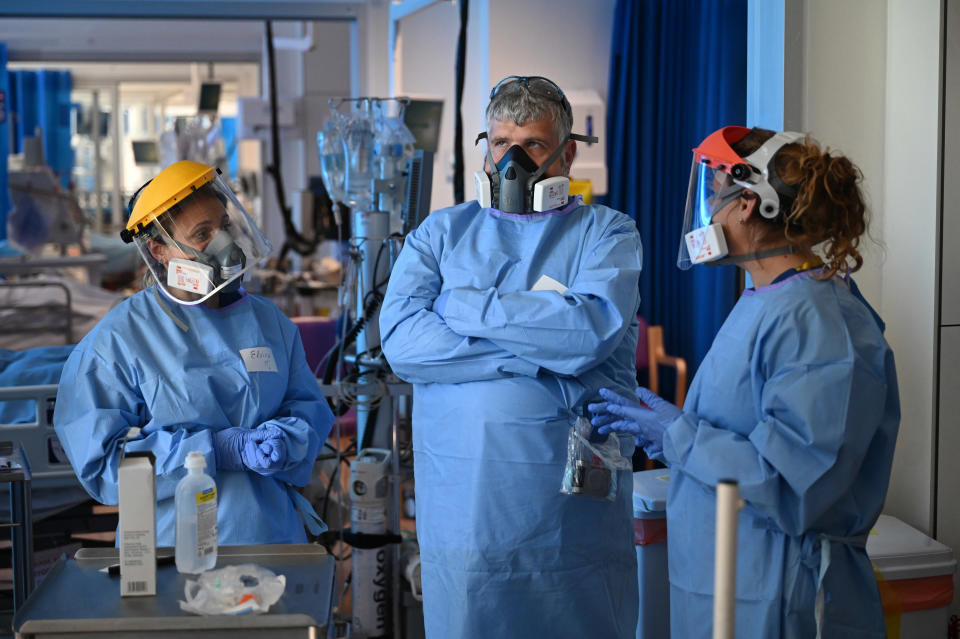Coronavirus: UK paid billions for PPE and other contracts without due diligence

The UK’s National Audit Office (NAO) slammed the government’s procurement of personal protective equipment (PPE) during the coronavirus pandemic, claiming its process of choosing supplies lacked transparency and adequate documentation. It said many contracts were given based on referrals from MPs and ministers.
The NAO’s investigation found that that between January and July 2020, around 8,600 contracts, worth £18bn ($24bn), relating to the government’s response to the pandemic had been awarded to suppliers.
New contracts were worth £17.3bn, and the report, published on Tuesday, stated that £10.5bn of these were awarded directly without a competitive tender process.
PPE contracts stood out in the list, as they accounted for 80% of the number of contracts awarded and 68% of the total value of contracts awarded (£12.3bn). The report added that this was because PPE needed to be procured quickly during the first few months of the pandemic, when global demand far exceeded supply.
However, the manner in which this was handled was not transparent, the NAO’s investigation found. This is because the cross-government PPE team established a “high-priority lane” to assess and process potential PPE leads referred by government officials, ministers’ offices, MPs and Lords, senior NHS staff and other health professionals.
The team considered that leads referred by these sources were more credible or needed to be treated with more urgency.
Watch: Business secretary defends government over PPE criticism
The report stated that the sources of the referrals were not always documented and the NAO found a case where a supplier, PestFix, was added to the high-priority lane in error.
READ MORE: Family pest control firm was handed £108m PPE contract
Gareth Davies, head of the NAO, said in a press statement that the procurement of PPE was done in “exceptional circumstances,” but stressed that “it remains essential that decisions are properly documented and made transparent if government is to maintain public trust that taxpayers’ money is being spent appropriately and fairly.
“The evidence set out in our report shows that these standards of transparency and documentation were not consistently met in the first phase of the pandemic.”
Increased demand for PPE — including disposable gloves, aprons, gowns, surgical masks, respirators, visors, and goggles — as a result of the pandemic has seen the sector surge in worth to an excess of £8.7bn in the UK annually, analysis by PPE manufacturer ViraxCare found last month.
The UK government is responsible for providing PPE to frontline NHS workers. However, private social sector companies and care homes must source their own, and many businesses — especially in food and retail sectors — are also voluntarily providing employees with PPE.
Watch: What is a budget deficit and why does it matter?

 Yahoo Finance
Yahoo Finance 